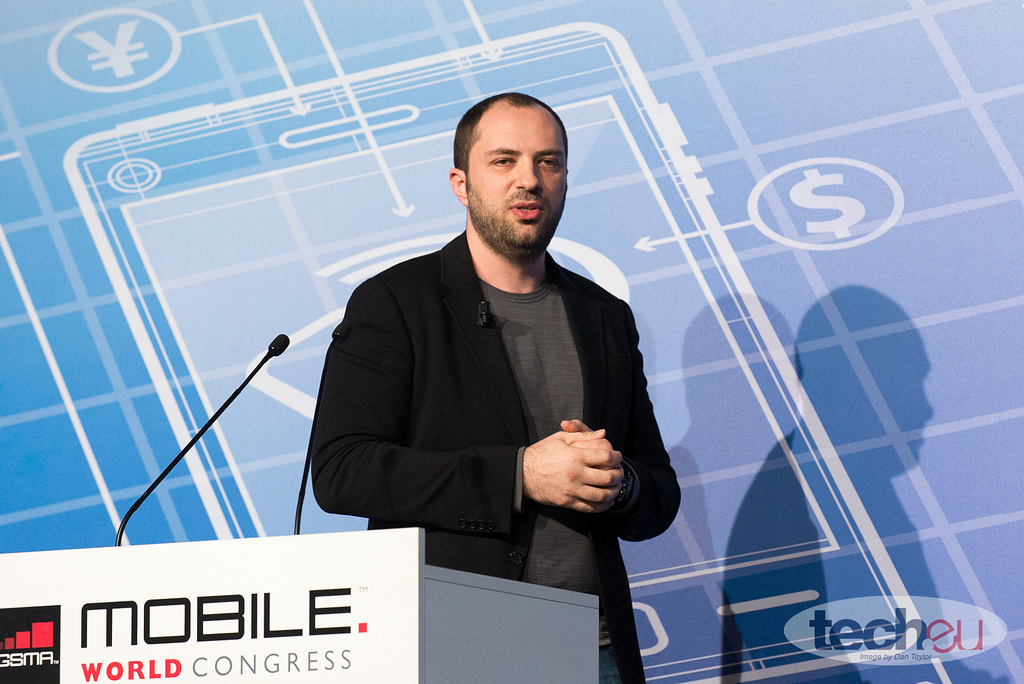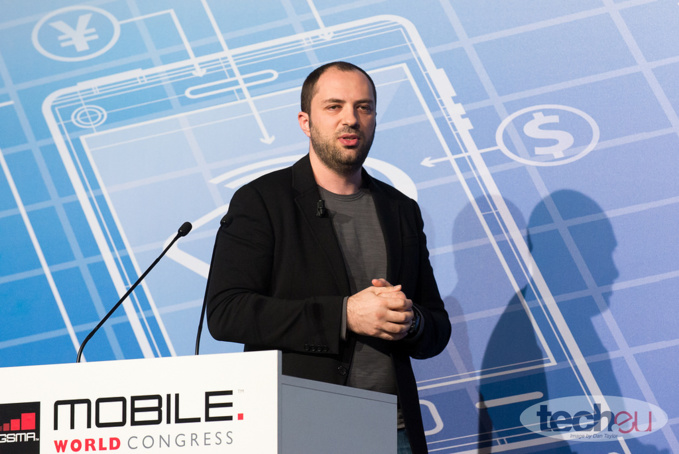Jan Koum announced his walkoff after the Washington Post told about his plans to leave the company because of a conflict with the social network’s management. Mr. Koum did not comment on the reports on the conflict in his post on Facebook. Mark Zuckerberg did the same, warmly thanking Mr. Koum "for everything he did to unite people around the world, and for everything he taught me - especially with regard to data encryption, which allowed to take power away from centralized systems and return it to the hands of people."
According to the media, Jan Koum was discontent with Facebook's policy regarding user data in WhatsApp. It is reported that for the first time the disagreement arose a year and a half after the purchase of the messenger's social network in 2014. In 2016, Facebook merged some of WhatsApp's user data with its system, which allowed to integrate this data into the social network advertising platform. This caused discontent of not only the founders of WhatsApp, but also of authorities. A year ago, the European Commission fined Facebook for € 110 million for giving the regulators wrong information before buying a messenger in 2014. During the transaction, Facebook said that it was impossible to merge accounts of social network users and WhatsApp, but two years later, in August 2016, did so.
Another cause of the conflict was Facebook’s attempt to weaken encryption of user content in WhatsApp. This can be explained by launch of a new WhatsApp Business service. The service allows creating corporate accounts in WhatsApp, through which employees of companies can collectively communicate with their customers. According to analysts, such a program, where not only the sender and the addressee can see the messages, will significantly weaken the entire end-to-end encryption system, which became one of the main principles of WhatsApp.
The version about the conflict looks credible also because Jan Koum's old friend and co-founder of Whatsapp Brian Acton left Facebook last autumn. After the Cambridge Analytica scandal with leak of personal data of Facebook users, Brian Acton joined the movement #DeleteFacebook, calling to stop using this social network.
Even during the deal with WhatsApp in 2014, many observers noted that the views of Jan Koum and Brian Acton differed markedly from the philosophy of Facebook founder Mark Zuckerberg. Koum and Acton did not hide their dislike for abundance of Internet advertising in the social network, and advertising in general. Jan Koum earlier quoted the Fight Club on his Twitter account: "Advertising has us chasing cars and clothes, working jobs we hate so we can buy shit we don't need."
"Part of Facebook’s success is the ability to digest acquired objects, successfully monetize them and integrate into its advertising machine," Daniel Alves of the research company GBH Insights told The Washington Post. But in the case of WhatsApp, this was more difficult because of resistance of its founders, "which led to a tough clash of two worldviews," the expert adds.
source: washingtonpost.com
According to the media, Jan Koum was discontent with Facebook's policy regarding user data in WhatsApp. It is reported that for the first time the disagreement arose a year and a half after the purchase of the messenger's social network in 2014. In 2016, Facebook merged some of WhatsApp's user data with its system, which allowed to integrate this data into the social network advertising platform. This caused discontent of not only the founders of WhatsApp, but also of authorities. A year ago, the European Commission fined Facebook for € 110 million for giving the regulators wrong information before buying a messenger in 2014. During the transaction, Facebook said that it was impossible to merge accounts of social network users and WhatsApp, but two years later, in August 2016, did so.
Another cause of the conflict was Facebook’s attempt to weaken encryption of user content in WhatsApp. This can be explained by launch of a new WhatsApp Business service. The service allows creating corporate accounts in WhatsApp, through which employees of companies can collectively communicate with their customers. According to analysts, such a program, where not only the sender and the addressee can see the messages, will significantly weaken the entire end-to-end encryption system, which became one of the main principles of WhatsApp.
The version about the conflict looks credible also because Jan Koum's old friend and co-founder of Whatsapp Brian Acton left Facebook last autumn. After the Cambridge Analytica scandal with leak of personal data of Facebook users, Brian Acton joined the movement #DeleteFacebook, calling to stop using this social network.
Even during the deal with WhatsApp in 2014, many observers noted that the views of Jan Koum and Brian Acton differed markedly from the philosophy of Facebook founder Mark Zuckerberg. Koum and Acton did not hide their dislike for abundance of Internet advertising in the social network, and advertising in general. Jan Koum earlier quoted the Fight Club on his Twitter account: "Advertising has us chasing cars and clothes, working jobs we hate so we can buy shit we don't need."
"Part of Facebook’s success is the ability to digest acquired objects, successfully monetize them and integrate into its advertising machine," Daniel Alves of the research company GBH Insights told The Washington Post. But in the case of WhatsApp, this was more difficult because of resistance of its founders, "which led to a tough clash of two worldviews," the expert adds.
source: washingtonpost.com



















